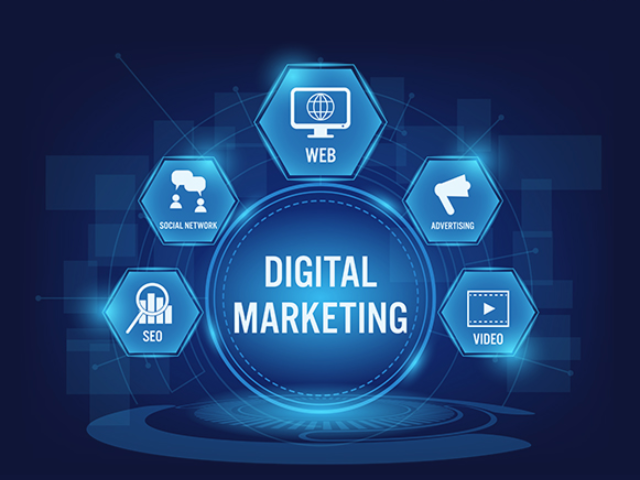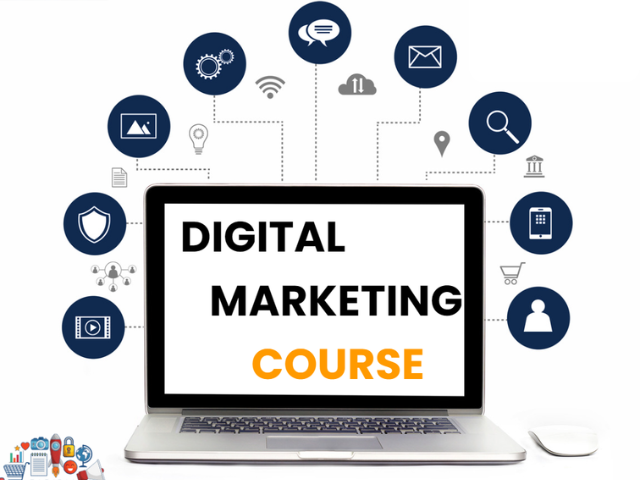What is Affiliate marketing and its most significant benefits?
Affiliate marketing is a popular online marketing strategy where individuals or businesses earn a commission by promoting and selling products or services on behalf of another company. It serves as a win-win situation for both the affiliate marketer and the company, as it allows for increased brand exposure, expanded customer reach, and potential revenue generation.
The affiliate marketing process typically involves three key parties: the advertiser (or merchant), the affiliate (or publisher), and the consumer. The advertiser is the company or brand that owns the product or service and wishes to promote it. The affiliate is the marketer who promotes the product or service through various channels. The consumer is the target audience who purchases the product or service through the affiliate’s referral.
To get started in affiliate marketing, individuals or businesses can join affiliate programs or networks. These platforms connect advertisers with potential affiliates and provide the necessary tools and resources to track sales, manage commissions, and facilitate payments. Common affiliate networks include Amazon Associates, ClickBank, ShareASale, and Commission Junction.
Once enrolled in an affiliate program, affiliates receive unique affiliate links or banners to embed in their marketing materials. These links contain tracking codes that identify the affiliate responsible for referring the customer. Affiliates then promote the products or services through their websites, blogs, social media channels, email marketing, or other online platforms.
When a consumer clicks on the affiliate link and completes a purchase, the affiliate receives a commission as compensation. Commissions can be based on various models, such as a percentage of the sale, a fixed amount per sale, or a combination of both. The specific commission structure is typically determined by the advertiser and outlined in the affiliate program terms.
Affiliate marketers who achieve success utilise a range of tactics to optimise their earnings. They focus on selecting niche products or services that align with their target audience’s interests and needs. They create compelling content, including product reviews, tutorials, comparison guides, and promotional offers, to engage their audience and drive conversions. Establishing trust and cultivating a loyal audience are essential components for achieving sustained success over time in affiliate marketing.
Additionally, affiliates leverage search engine optimisation (SEO) techniques to improve their website’s visibility in search engine results, driving organic traffic to their affiliate links. They may also utilise paid advertising, such as pay-per-click (PPC) campaigns, to generate targeted traffic and increase their chances of earning commissions.
While affiliate marketing offers potential opportunities for passive income and flexibility, it requires dedication, strategic planning, and continuous optimisation. Successful affiliates constantly analyse their performance, track conversion rates, and adapt their marketing strategies accordingly. They also stay updated on industry trends, new product launches, and changes in consumer behaviour to capitalise on emerging opportunities.

Top 10 benefits of affiliate marketing?
Affiliate marketing provides plenty of advantages for both advertisers and affiliates. Here are the top 10 benefits of affiliate marketing:
1. Increased Sales and Revenue:
Affiliate marketing can significantly boost sales for advertisers. Businesses can access untapped customer segments and create supplementary streams of revenue through harnessing the influence and expansive reach of affiliates.
2. Cost-Effective Marketing:
Affiliate marketing is a performance-based model, meaning advertisers only pay commissions when a desired action, such as a sale or lead, is achieved. This results in a cost-effective marketing strategy with a measurable return on investment.
3. Broadened Audience Reach:
Affiliates have their own established audience and online platforms. By partnering with affiliates, advertisers can extend their reach to new markets and demographics they may not have been able to target otherwise.
4. Targeted and Relevant Traffic:
Affiliates often specialise in specific niches or industries. This specialisation enables advertisers to access highly targeted and relevant traffic, increasing the likelihood of conversions and customer engagement.
5. Improved SEO and Website Traffic:
Affiliate marketing can contribute to better search engine rankings and increased organic website traffic. When affiliates link back to the advertiser’s website, it can enhance SEO efforts and attract more visitors.
Your site’s DA will increase if you get backlinks from sites with higher domain authority.DA refers to the search engine ranking score of your website SERPs which have numbers ranging from 1-100. Find out the Domain Authority of a website using the Website Authority Checker tool from Ahrefs.
6. Enhanced Brand Awareness:
Affiliates actively promote products or services, increasing brand visibility and awareness. This exposure helps build brand recognition and credibility among the affiliate’s audience.
You can use LSI keywords(long-tail keywords) to increase your content marketing strategy. These LSI keywords describe a product, an image, or some other topic related to the main keyword.
7. Diversified Marketing Channels:
Affiliate marketing leverages a wide range of marketing channels, including websites, blogs, social media, email marketing, and more. This diversification allows advertisers to reach customers through various touchpoints, increasing the chances of conversion.
8. Efficient Customer Acquisition:
Affiliate marketing facilitates customer acquisition without the need for extensive in-house marketing efforts. Affiliates serve as valuable partners who drive traffic and acquire customers on behalf of the advertiser, saving time and resources.
9. Performance Tracking and Optimization:
Affiliate marketing provides valuable data and insights that allow advertisers to track affiliate performance, measure campaign effectiveness, and make data-driven optimizations. This enables continuous improvement and better ROI.
10. Strategic Partnerships and Brand Advocacy:
Building strong relationships with affiliates can lead to long-term partnerships and brand advocacy. Affiliates who genuinely believe in the advertiser’s products or services can become passionate brand ambassadors, driving sustained growth and customer loyalty
Conclusion
Affiliate marketing presents a mutually beneficial arrangement, where advertisers gain wider exposure and increased sales, while affiliates earn commissions for their promotional efforts. With its cost-effectiveness, performance-driven nature, and ability to leverage diverse marketing channels, affiliate marketing has become an essential strategy for businesses to grow their online presence and generate revenue.
Ready to get started learning what Affiliate marketing is and its most significant benefits? Register for a free demo
Get more details regarding Powerpoint
Phone no.
9988-500-936
Address
SCF 22, First floor, GTB Market, Khanna
Website
www.microwavecomputer.com
Opening Hours
08:30 am - 06:00 pm
- Dropshipping Course in Khanna – Learn E-Commerce Success with Microwave Computer Institute
- Digital Marketing Course in Khanna – Learn Job-Ready Skills at Microwave Computer Institute
- Basic Computer Course in Khanna: Learn Essential Computer Skills for Jobs and Daily Life
- Digital Marketing Course Near Me: The Smart Way to Start a High-Growth Career
- Khanna Graphic Design Course: Develop a Creative Career in the Digital Era









